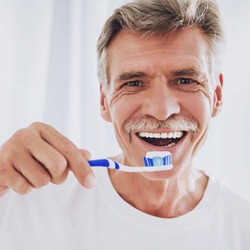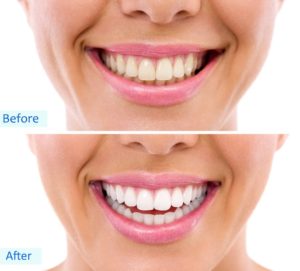Dental cavities, also known as tooth decay or dental caries, are a common oral health issue affecting people of all ages worldwide. When left untreated, cavities can lead to pain, infection, and even tooth loss. However, there is often confusion and misinformation surrounding the question of whether cavities can heal on their own. In this comprehensive guide, we’ll delve into the truth behind this topic, addressing common myths and providing evidence-based insights into cavity reversal, the effectiveness of brushing, and the consequences of untreated cavities.
Can Cavities Reverse on Their Own?
Contrary to popular belief, cavities cannot reverse on their own once they have formed. Dental cavities develop when bacteria in the mouth feed on sugars and produce acids that erode the enamel, the outer protective layer of the tooth. Over time, this process creates a hole or cavity in the tooth structure, which cannot be repaired without intervention.
While enamel has some capacity for remineralization, or the repair of minor damage caused by acid exposure, this process is limited and cannot fully reverse the damage caused by a cavity. Once a cavity has formed, it requires professional dental treatment, such as fillings or dental restorations, to prevent further decay and restore the tooth’s function and integrity.
Can You Make a Cavity Go Away by Brushing?

Brushing your teeth regularly is an essential component of good oral hygiene and can help prevent cavities by removing plaque, bacteria, and food debris from the surfaces of your teeth. However, once a cavity has developed, brushing alone cannot make it go away.
While proper brushing and flossing can help prevent cavities from worsening and reduce the risk of additional decay, they cannot repair existing damage or restore lost tooth structure. In fact, aggressive brushing or using abrasive toothpaste may exacerbate the problem by further wearing down the enamel and exposing the tooth to more damage.
Instead of relying on brushing to make cavities disappear, it’s essential to seek professional dental care as soon as possible to address the cavity and prevent complications. Your dentist can assess the extent of the decay, recommend appropriate treatment options, and help you maintain optimal oral health through preventive measures and regular check-ups.
How Long Can a Cavity Go Untreated?
The progression of a cavity can vary depending on several factors, including the individual’s oral hygiene habits, diet, genetics, and the location and size of the cavity. In some cases, cavities may progress slowly over months or even years without causing significant symptoms or complications. However, leaving a cavity untreated can lead to serious consequences, including:
- Pain and Sensitivity: As the cavity advances and reaches the inner layers of the tooth, it can cause pain, sensitivity to hot and cold temperatures, and discomfort when chewing or biting.
- Infection and Abscess: If the decay reaches the pulp, or the innermost part of the tooth containing nerves and blood vessels, it can lead to infection and the formation of an abscess. Dental abscesses are painful, pus-filled swellings that can cause swelling, fever, and systemic health issues if left untreated.
- Tooth Loss: Severe decay can compromise the structural integrity of the tooth, leading to irreversible damage and eventual tooth loss. In such cases, extraction or other restorative treatments may be necessary to preserve oral health and function.
While it’s possible for a cavity to go untreated for an extended period without causing immediate complications, delaying dental treatment can increase the risk of more extensive damage and the need for more invasive and costly interventions down the line.
Conclusion
In conclusion, the notion that cavities can heal on their own or be eradicated through brushing alone is a common misconception. Once a cavity has formed, it requires professional dental treatment to prevent further decay and restore the tooth’s health and function. While proper oral hygiene practices, including brushing and flossing, are essential for preventing cavities and maintaining oral health, they cannot reverse existing damage or substitute for professional dental care.
If you suspect you have a cavity or are experiencing symptoms such as tooth pain, sensitivity, or bad breath, it’s crucial to seek prompt evaluation and treatment from a qualified dentist. By addressing cavities early and adopting preventive measures, you can preserve your smile and enjoy optimal oral health for years to come.





